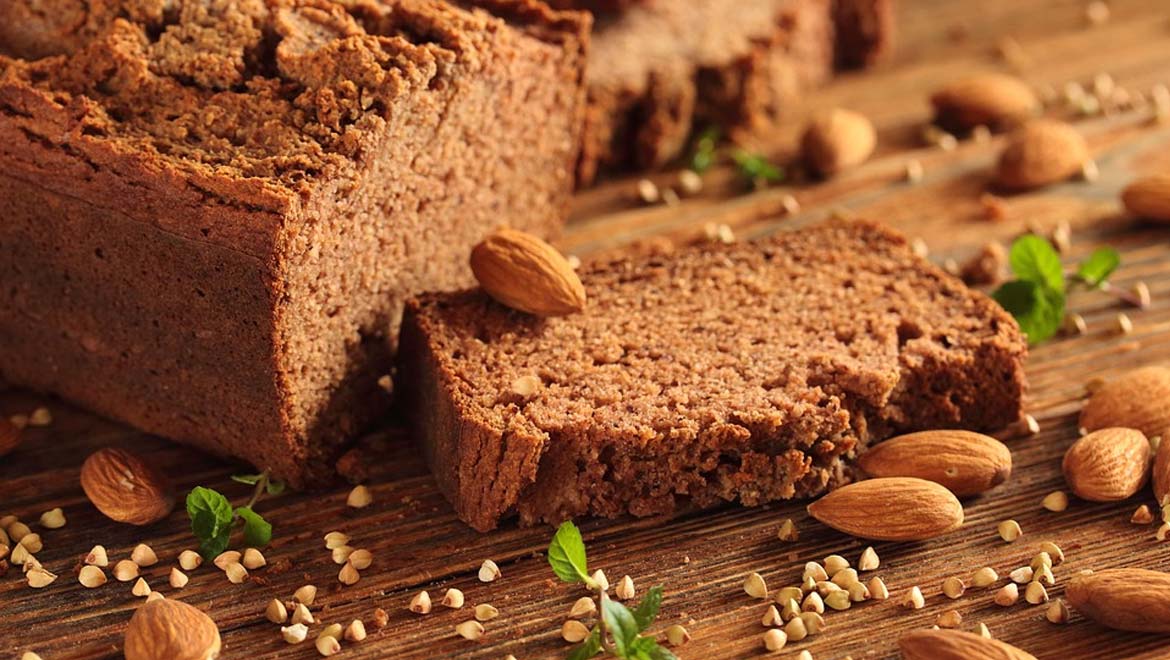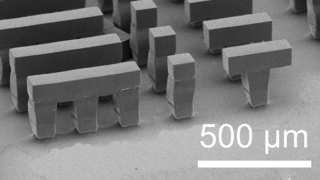Many people find that they have an adverse reaction to eating wheat, and may be advised to avoid high-gluten foods in the future. That is the conventional wisdom, developed as a result of a connection that has been forged between gluten and the impaired ability to process it as normal in some individuals.
Emerging research, however, now suggests that this link is faulty, and that the effects associated with ‘wheat intolerance’ may in fact be attributed to different molecules found in wheat. The most recent study on this subject concludes that fructan, a type of semi-complex carbohydrate, is more likely to be responsible for adverse effects in certain people. This may pose a problem for medical professionals and for companies that do business off the trend towards low-gluten foods.
Investigation of fructan sensitivity
Coeliac disease has historically been characterised as a hypersensitivity, or a ‘bad reaction’ to gluten that affects people with this condition when they consume it as part of their diet. These individuals have an autoimmune reaction to this protein that results in adverse effects on tissues and, in turn, bodily symptoms.
Coeliac sufferers may feel sick or low on energy after eating foods containing gluten. However, people who are not coeliac may also claim symptoms such as stomach ‘upsets’ as a result of eating foods containing gluten. An individual is considered ‘gluten sensitive’ in the absence of coeliac disease, namely evidence of autoimmune processes, if their symptoms abate following complete withdrawal from gluten.
On the other hand, scientists have been able to find little concrete evidence for non-coeliac gluten intolerance. There are no specific biomarkers that arise or are modified as a result of experiencing what many think of as a bad reaction to gluten. In addition, no researchers have been able to develop a pathophysiology for non-coeliac dietary sensitivities.
This has led to a theory that there is a molecule commonly found in wheat products that causes adverse reactions – it’s just not gluten. Therefore, some dietary scientists have instead switched their attention from this protein to fructan. Fructan is an oligosaccharide, or a large-ish molecule synthesised by linking numerous sugars (the basic unit of all carbohydrates typically made of a ring of carbon atoms) together.
Fructans, which come in a couple of different sugar-molecule conformations, are rich in fructose, the sugars provided by fruits. However, they may also contain sucrose molecules. Fructans are found in wheat and wheat products along with gluten. Therefore, many cases of wheat intolerance may in fact have been implicating the wrong compound for some time now.
Some studies have claimed that there may be a link between fructans and gastrointestinal conditions such as irritable bowel syndrome. In a similar vein, a group of researchers from nutritional, immunological and gastroenterological laboratories at the Universities of Oslo and Monash (in Australia) conducted a clinical trial to investigate the effect of fructans on supposedly ‘gluten-associated’ gut symptoms.
This trial recruited 59 people who had voluntarily excluded gluten from their diet for personal reasons. The team randomly assigned these participants to eat muesli bars that contained either 5.7g of gluten, 2.1g of fructans or none of both molecules for seven days. The participants were then given enough time to recover from any symptoms that arose as a result. They were then started on the experimental process again, but were assigned to a different type of muesli bar to the one from the first round.
This protocol was repeated until all participants had gone through a course of all three (‘gluten’, ‘fructan’ or ‘placebo’) bar types. The participants also recorded all symptoms experienced during the trial, according to the gastrointestinal symptom rating scale (GSRS), specifically the sections of this scale that address IBS-like and bloating symptoms.
At the end of the study, the researchers found that the mean ‘IBS’ scores associated with consuming the ‘gluten’ bar were lower than those for ‘fructan’ or ‘placebo’ bars. This was also true in the case of the ‘bloating’ scores. Both rating types for ‘gluten’ bars were significantly reduced compared to those for their ‘fructan’ counterparts; however, 13 participants recorded the greatest overall ‘IBS’ scores as a result of consuming ‘gluten’ bars. On the other hand, 24 recorded their highest scores as a result of fructan consumption, and 22 did the same after eating ‘placebo’ bars. The researchers concluded that fructans, rather than gluten, were more likely to cause gastrointestinal complaints as measured in this trial.
Gluten may not be wholly to blame
This trial may contribute to a campaign that seeks to overturn the assumption that gluten causes ‘wheat sensitivity’ due to its role in coeliac disease. These efforts may also be connected to the current movement to investigate a group of dietary molecules known as fermentable saccharides. These may be composed of one, two or many sugar subunits and polyols, or FODMAPs, to which fructans belong with respect to their links to conditions such as IBS.
The general theory behind this research trend is that FODMAPs are not absorbed well by intestinal cells, and can cause adverse reactions within tissues as a result. For example, FODMAPs may be digested by parasitic bacteria in the gut, releasing gases that cause intestinal bloating. Therefore, there is an increasing demand for low-FODMAP foods among those who previously thought they had non-coeliac gluten intolerance. However, this theory requires more testing, such as more extensive clinical trials that expand on the study as above, to provide a concrete association between FODMAPs and gastrointestinal adversity.
Top image: No gluten bread. (Public Domain)
References:
- Skodje GI, Sarna VK, Minelle IH, Rolfsen KL, Muir JG, Gibson PR, et al. Fructan, Rather Than Gluten, Induces Symptoms in Patients With Self-reported Non-celiac Gluten Sensitivity. Gastroenterology.
- Klein A. Gluten-sensitive? It may actually be a carb making you ill. New Scientist. 2017. Available at: https://www.newscientist.com/article/2152877-gluten-sensitive-it-may-actually-be-a-carb-making-you-ill







No comment